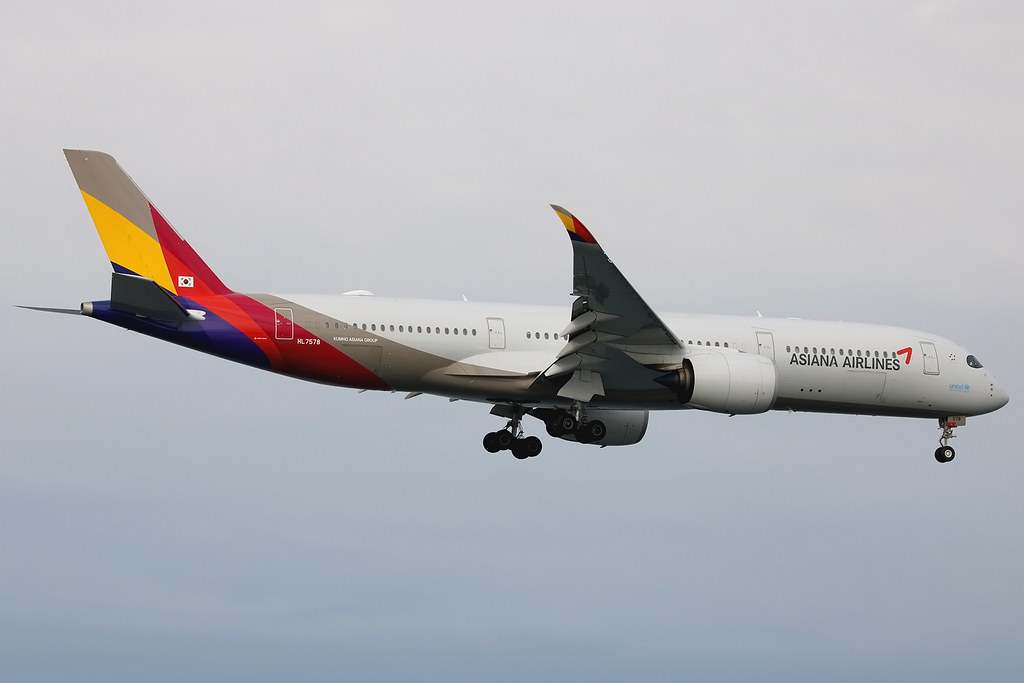SEOUL, SOUTH KOREA — The South Korean carrier Asiana Airlines has resumed passenger service on seven of its widebody aircraft that were previously converted for cargo operations.
This move comes as demand for passenger travel continues to increase after COVID-19 restrictions were globally eased. On January 16th, the airline completed the process of reinstalling passenger seats on an Airbus A330-300, signaling the end of over two years of temporary cargo operations that were implemented during the pandemic.
In September 2020, Asiana Airlines converted an A350 for cargo operations in response to the increasing demand for cargo flights during the decline of passenger travel. After the initial conversion, the airline went on to convert three more A350s and three more A330s to further strengthen its cargo operations. This resulted in an additional 70,000 tons of cargo capacity over the course of two years.
Asiana Airlines reports that its temporary cargo operations generated approximately $300 million in additional revenue. The demand for cargo flights was strongest on routes to and from North America.
As borders started to reopen in late 2021, airlines started to phase out these temporary cargo operations. In April 2022, European regulators also announced that they would not be extending approvals for passenger-to-cargo aircraft conversions.

